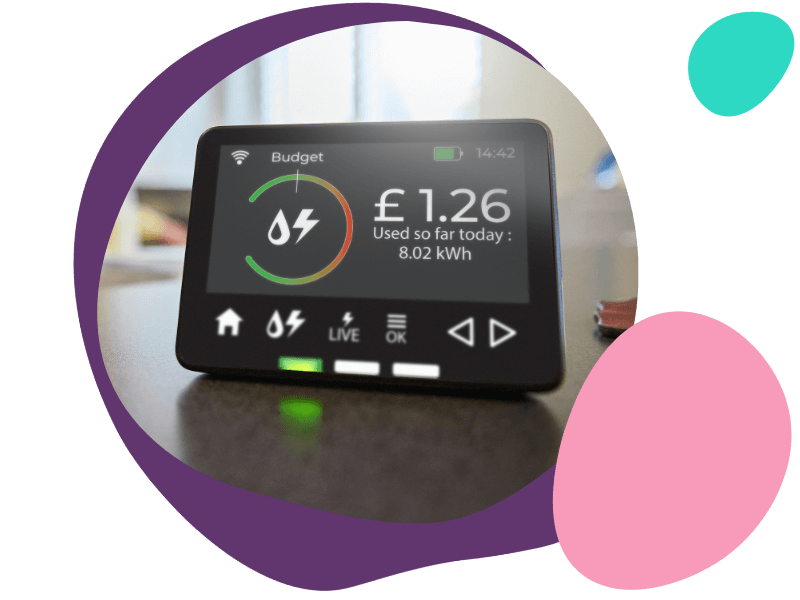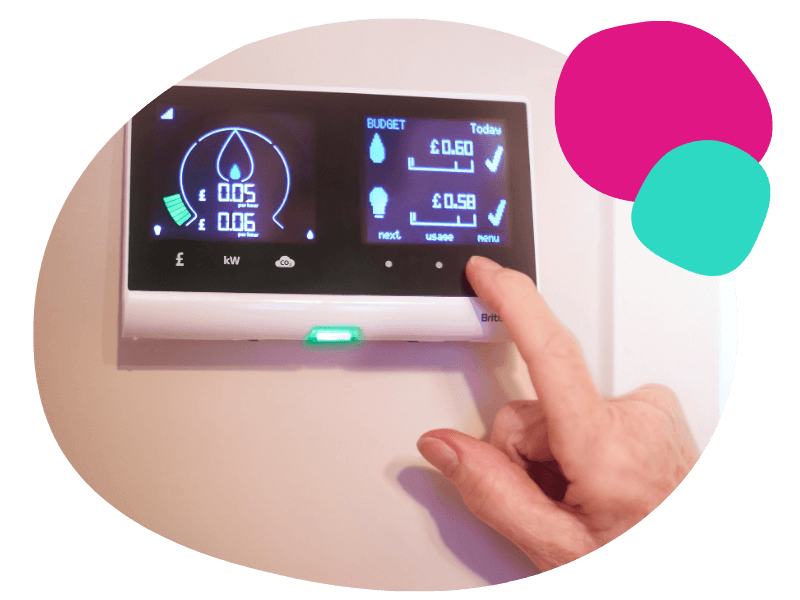No, you don't have to accept a smart meter if you don't want one. Energy suppliers in the UK are aiming to offer smart meters to every home to improve their experience. However, you have the right to refuse the installation and stick to your traditional energy meter.
That said, if your existing meter is old and needs replacing (perhaps because it's faulty or past its expiry date), your supplier might offer you a smart meter as a replacement. It's also becoming increasingly common for new properties to have smart meters installed as standard.
One thing to be aware of is that in the future, some of the most well-priced energy tariffs may only be available to customers with smart meters. So, while not compulsory, having one could give you more choice and potentially better deals today and in the future.
Smart meters automatically record and send your energy consumption data to your provider, removing the necessity for manual readings. They include a meter that tracks gas and electricity usage, along with an in-home display (IHD) that presents your usage and costs. The readings are transmitted wirelessly via a secure network that doesn't use your Wi-Fi.

















